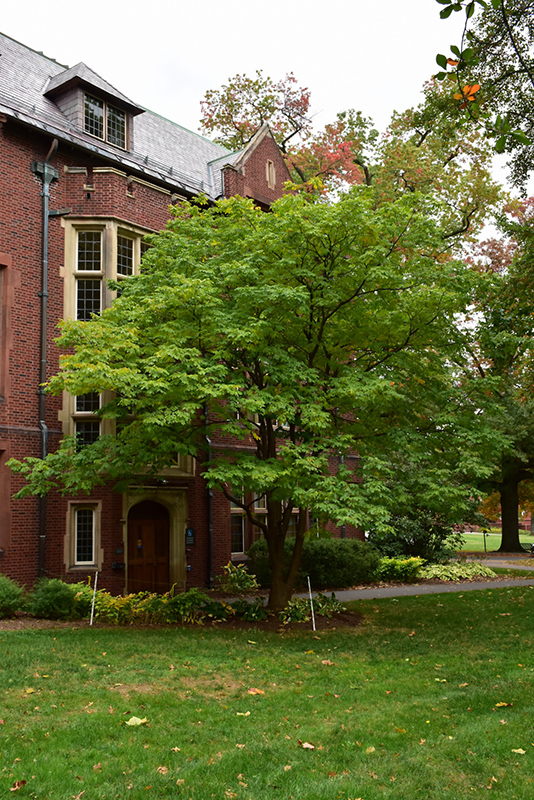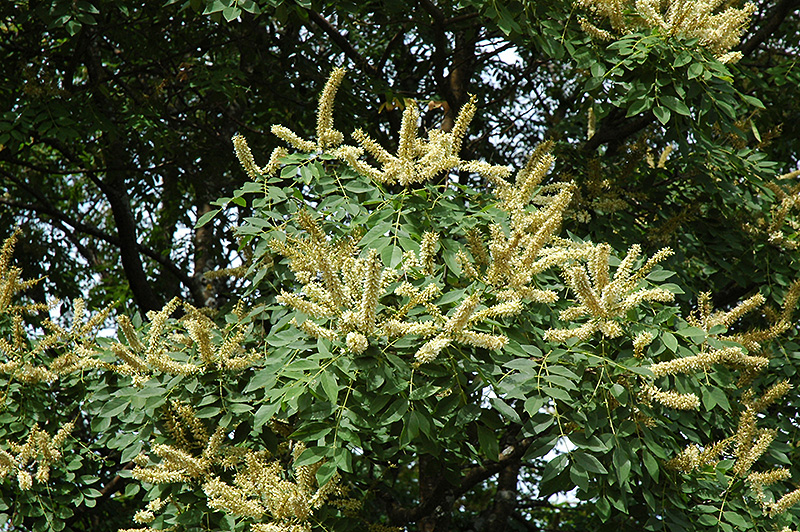>> Home
Height: 25 feet
Spread: 30 feet
Sunlight:
![]()
Hardiness Zone: 3a
Description:
An attractive and rare small tree with so much to offer - showy upright spikes of white flowers in mid-summer when few trees bloom, tidy ash-like foliage which emerges a fuzzy silver, and glowing golden bark; very clean, excellent for small yards
Ornamental Features
Amur Maackia features showy spikes of fragrant creamy white pea-like flowers rising above the foliage in mid summer. It has attractive forest green deciduous foliage which emerges silver in spring. The pinnately compound leaves are highly ornamental but do not develop any appreciable fall color. The mottled olive green bark is extremely showy and adds significant winter interest.
Landscape Attributes
Amur Maackia is a deciduous tree with a more or less rounded form. Its average texture blends into the landscape, but can be balanced by one or two finer or coarser trees or shrubs for an effective composition.
This is a relatively low maintenance tree, and is best pruned in late winter once the threat of extreme cold has passed. It has no significant negative characteristics.
Amur Maackia is recommended for the following landscape applications;
- Accent
- Shade
Planting & Growing
Amur Maackia will grow to be about 25 feet tall at maturity, with a spread of 30 feet. It has a low canopy with a typical clearance of 5 feet from the ground, and is suitable for planting under power lines. It grows at a slow rate, and under ideal conditions can be expected to live for 50 years or more.
This tree should only be grown in full sunlight. It is very adaptable to both dry and moist locations, and should do just fine under average home landscape conditions. It is not particular as to soil type or pH, and is able to handle environmental salt. It is somewhat tolerant of urban pollution. This species is not originally from North America.

